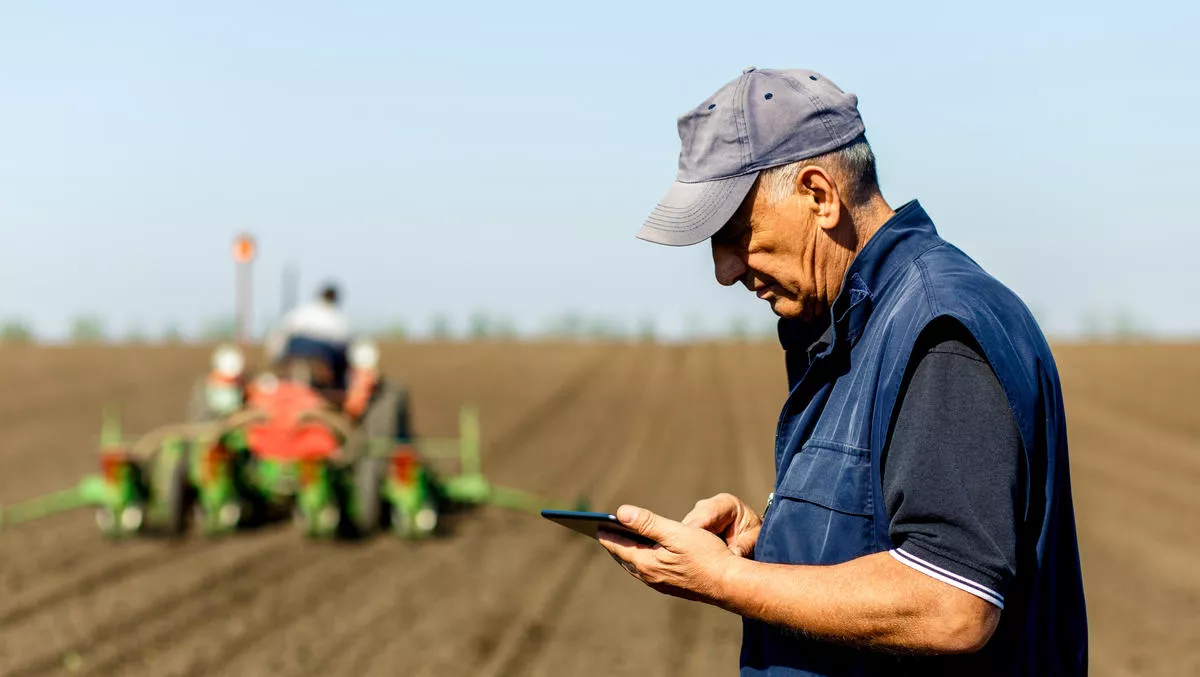
Rural broadband usage rockets up, driven by IoT
In rural areas, data usage is continuing to increase, put down to new technology enabling greater efficiencies for farms and sustainable communities.
This is according to rural broadband provider, Farmside, which has reported a significant 34% average year-on-year data usage increase in rural communities since 2017.
This is put down to new technologies that are driving greater efficiencies, productivity and sustainability in the sector.
The internet provider, powered by Vodafone New Zealand, is a Gold Partner of the first Fieldays Online launched last week, which showcased three of the latest solutions and innovations for smarter and more connected farms.
RiverWatch is a water quality monitoring system that analyses real-time data on the health of New Zealand's waterways.
Punakaiki bird sanctuary is kept predator-free with smart traps run on Vodafone's narrowband IoT (nb-IoT) network.
And finally, a Wide Area Network (WAN) officially securely connects all Pamu New Zealand's farms with its corporate offices.
Farmside CEO Jason Sharp says, "It is innovations such as these that have seen the demand for rural connectivity grow relentlessly over the last few years.
He says, "Farming methods have come a long way in the last decade now technologies such as artificial intelligence, machine learning and the Internet of Things help optimise resources, automate manual labour, and protect the environment.
"Connectivity is becoming ever more essential as digitisation changes the way rural businesses operate.
Vodafone NZ head of IoT Michelle Sharp says she is particularly excited that Vodafone and Farmside are helping connect technologies that create a healthier and more sustainable New Zealand.
She says, "Connecting key sensors and other devices through a dedicated IoT network allows for real-time data collection and analysis, meaning the user can take immediate action based on the data or automate other systems to be triggered to respond to issues or events as they happen.
Environmental systems, livestock management and smart logistics providing quick and easy access to key data can be incredibly transformational for farms and communities, she says.
In addition, Farmside states data usage has spiked throughout the COVID-19 lockdown. In fact, Farmside saw the country's rural broadband (RBI) saw data usage increase by 74% and satellite data usage increased by 35%.
Post-lockdown, data consumption continues to be high in rural areas with 16.7% more data used in June 2020 than in the average six months pre-lockdown.
Jason Sharp says lockdown led to a greater need for online capability and for people to be connected.
He says, "Of course, throughout lockdown farming didn't stop. The need for technology actually increased as farmers grappled with both running their businesses and keeping their employees safe.
"On top of that, many farmers had families at home with the same connectivity requirements for home schooling and entertainment that the majority of New Zealand had.
"We've seen stock auctions go online, our major agriculture exhibition become the Fieldays Online event and online discussion groups replace face to face gatherings. Combine this with a trend towards on-farm monitoring and cloud-based applications, and data consumption will continue to rise.
Michelle Sharp says, "Now, more than ever, there will be significant focus on the primary industries, as our nation looks to the sector to help us get through the impending global crisis.
"We have a chance to reinvent how agriculture and horticulture is undertaken and to build the future of farming through next generation technology and strong networks.


